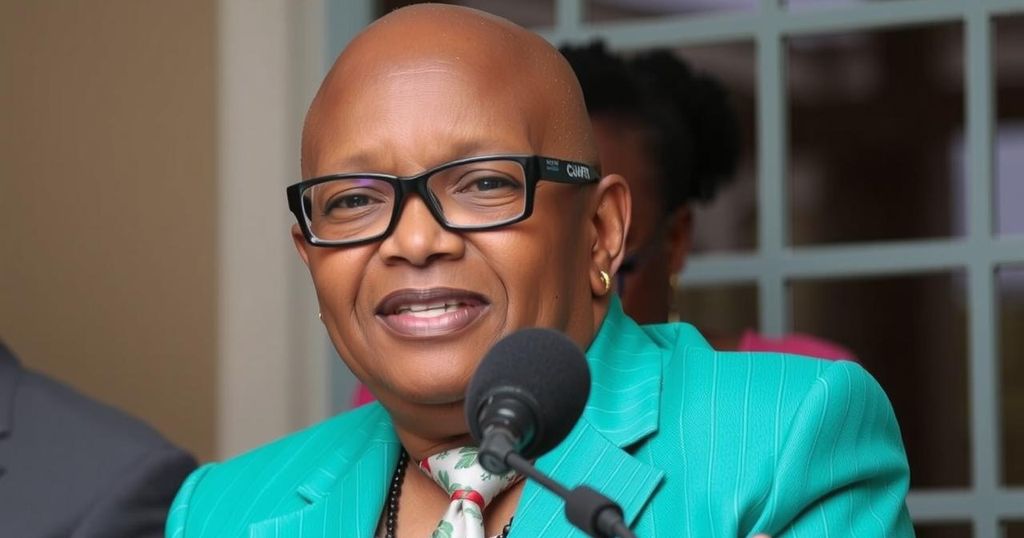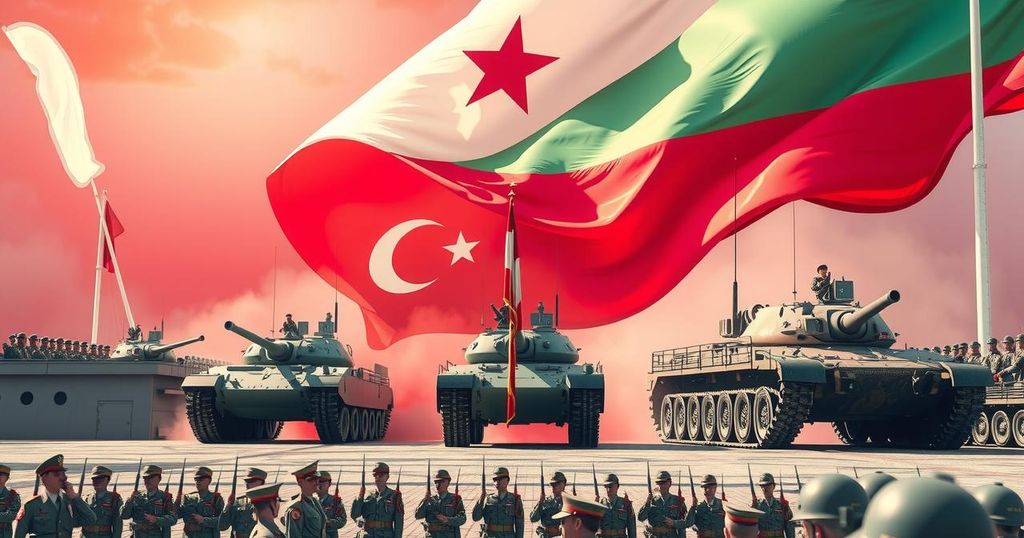Namibia’s Opposition Rejects Election Results Amid Allegations of Malpractice
Namibia’s opposition party, IPC, refuses to recognize the election results due to alleged electoral malpractices and logistical issues during voting. Panduleni Itula claims numerous irregularities while contesting against Swapo’s Netumbo Nandi-Ndaitwah, who leads in preliminary counts. The IPC is pursuing legal action, reflecting a significant challenge to the ruling party’s longstanding dominance.
Namibia’s primary opposition party, the Independent Patriots for Change (IPC), has publicly declared their refusal to acknowledge the results of the recent general election, which experienced significant logistical challenges, including extended voting periods. The IPC’s presidential candidate, Panduleni Itula, claimed that there were “glaring and undeniable” instances of electoral malpractices. Itula was contending against Netumbo Nandi-Ndaitwah of the ruling South West Africa People’s Organisation (Swapo), which has been in power since Namibia’s independence in 1990.
Voting commenced on a Wednesday and, due to issues such as inadequate ballot papers and malfunctioning technology, continued in some areas until Saturday. As it stands, counting has begun with results from 10 out of 121 constituencies reported, revealing Nandi-Ndaitwah leading with 48% against Itula’s 30%. In order to secure a victory in the first round, a candidate must achieve more than 50% of the votes cast. Otherwise, a second-round runoff will be necessitated.
The IPC maintains that it will seek legal redress for perceived electoral injustices, urging citizens who faced disenfranchisement to report the mismanagement to law enforcement. Meanwhile, Swapo faces declining popularity, as demonstrated by its vote share dropping below 60% in the previous election—the first occurrence since Namibia’s liberation. This trend mirrors challenges experienced by similar liberation movements across the region, where parties such as South Africa’s African National Congress have recently experienced a loss of majority.
This political climate in Namibia raises significant questions regarding the integrity of electoral processes and the potential for future governance disputes, particularly as national consciousness aspires for accountability and fair representation.
The political landscape in Namibia is characterized by the longstanding dominance of the ruling Swapo party, which has governed since Namibia’s independence from South African rule in 1990. As democratic processes evolve, electoral integrity remains a crucial issue. Recent elections have highlighted logistical shortcomings, such as poor preparation and equipment failures that have undermined voter confidence. As opposition parties gain traction, their role in challenging the status quo becomes increasingly prominent, underscoring the dynamic interplay between governance and civil rights in post-independence Namibia.
In conclusion, the refusal by the IPC, led by Panduleni Itula, to accept the recent electoral outcomes indicates significant tensions within Namibia’s political framework. With allegations of electoral malpractice and growing dissatisfaction with Swapo’s governance, the call for legal and civil remedies reflects a broader quest for democratic integrity and accountability. As the country moves forward, the impact of these developments on future elections and governance will be critical to observe, especially in light of historical trends in political opposition across the region.
Original Source: www.bbc.co.uk




Post Comment